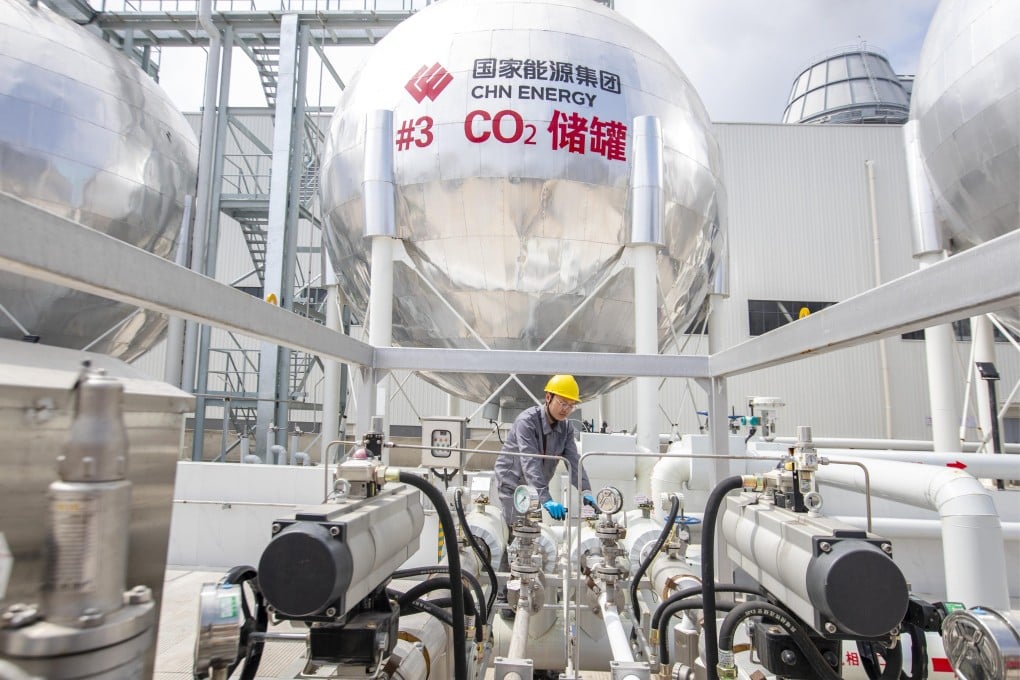Advertisement
Inside Out | Big Oil threatening to turn Cop29 into fight over industry’s future
Opec and top oil firms are fiercely opposing efforts to reduce oil and gas demand, seeing economic doom if climate goals are given priority
Reading Time:3 minutes
Why you can trust SCMP

ExxonMobil has joined the global Opec cartel in crossing swords with the International Energy Agency (IEA) and the global net zero movement on what is set to be a critical controversy. That is, how sharply can we cut demand for oil and gas without inflicting widespread economic harm on the path to net zero carbon emissions by 2050?
Advertisement
The debate simmered fiercely on the margins of Cop28 in Dubai last year. It will undoubtedly flare up again at Cop29 in Baku, Azerbaijan, in November.
Government signatories to the 2015 Paris Agreement on cutting carbon emissions to keep global warming below 1.5 degrees Celsius have reached agreement that sharp cuts are needed in oil and gas production if net zero targets are to be met.
The IEA, once joined at the hip with Opec, has joined this chorus by calling for an accelerated transition from fossil fuels to clean energy. While celebrating that investment in clean energy last year rose to US$2 trillion, for the first time overtaking investment in fossil fuels, IEA executive director Fatih Birol has called on oil and gas companies to “look at their business plans” as he foresees a “staggering” global surplus of fossil fuel production in the coming decade.
Big Oil has reacted sharply. Opec secretary general Haitham Al Ghais was one of the first to snap back, saying “oil continues to be irreplaceable in fostering global prosperity and maintaining energy security”. Population growth and urbanisation will be strong drivers for energy in all forms, he said, noting that 700 million people still today have no access to electricity.
Advertisement
He said US$9.5 trillion had been invested in the “clean energy transition” since 2000, but even today wind and solar only accounted for 4 per cent of energy use and electric vehicles accounted for 3 per cent of vehicles on roads worldwide. With such strong and diverse future demand growth, he argued that demand for oil and gas would remain strong at current levels: “The Paris Agreement is not about reducing oil demand; it is about reducing emissions.”

Advertisement
